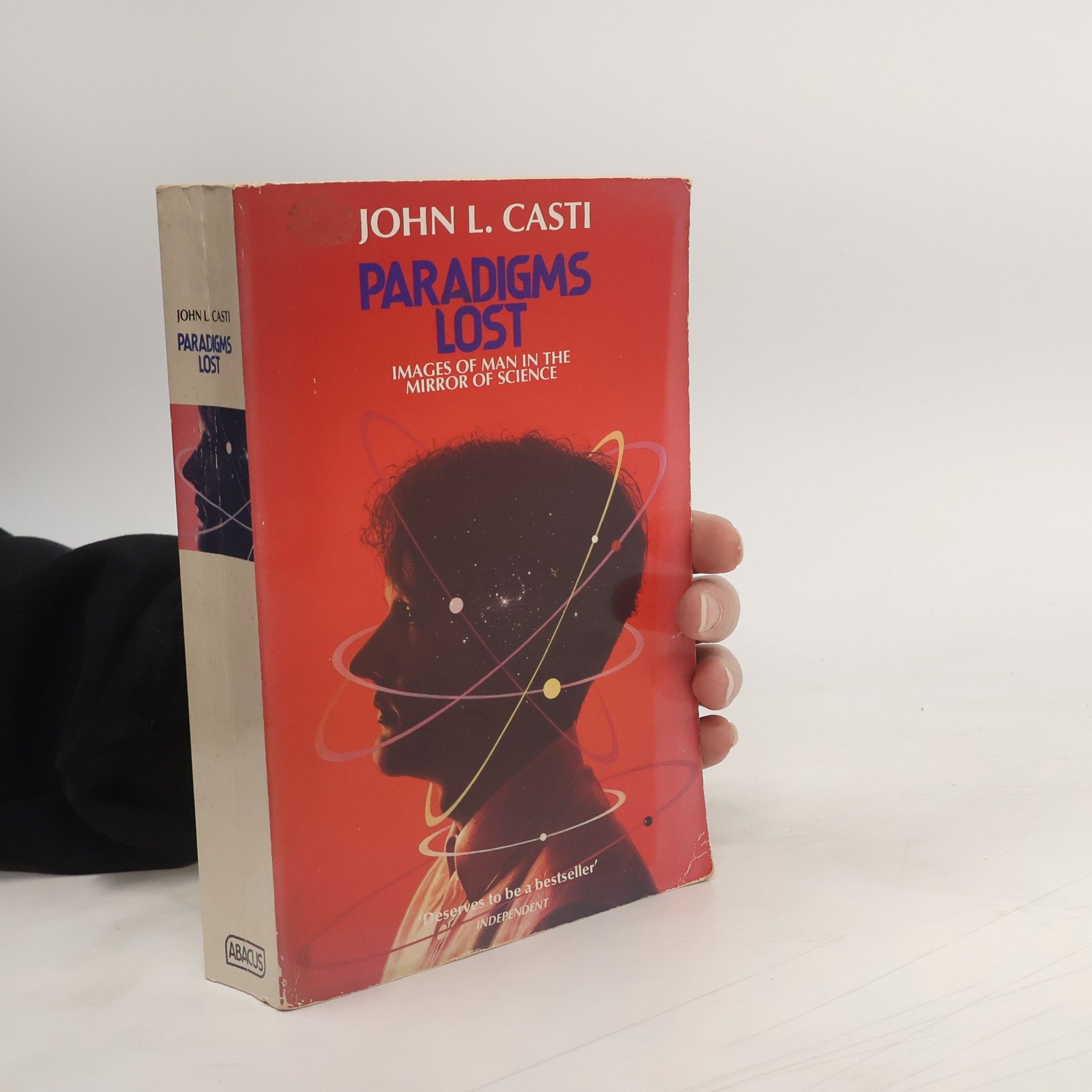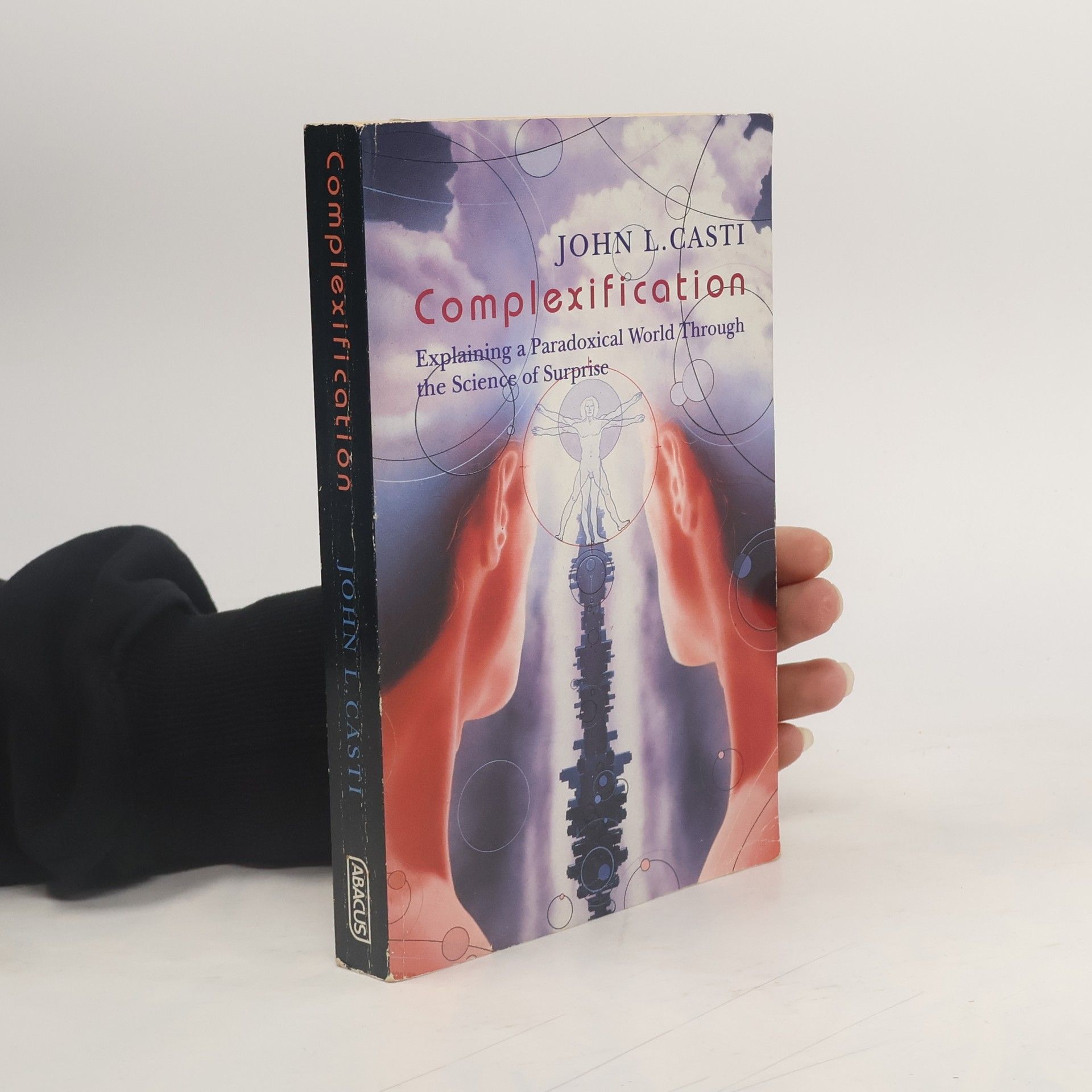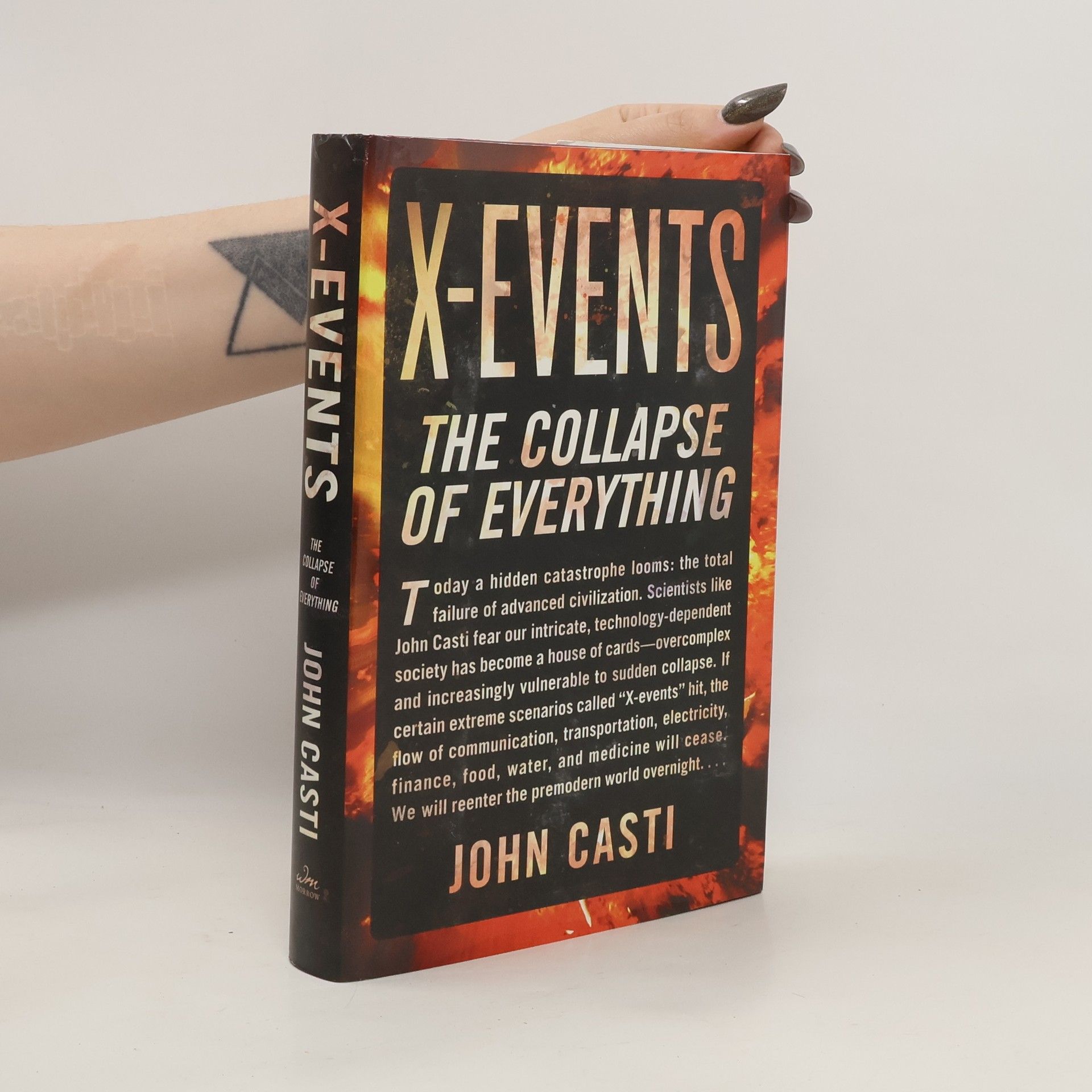Naše technologiemi závislá civilizace se stává křehkým systémem, který je náchylný k náhlému kolapsu. Moderní průmyslová společnost představuje složitý celoplanetární systém, který nabízí zdánlivě neomezené možnosti, avšak podle vědců jako John Casti může být stejně nestabilní jako domeček z karet. Neočekávané události, označované jako „události X“, mohou způsobit zásadní zjednodušení našich životů a vrátit nás do preindustriální éry. Tyto události, které mohou mít katastrofické důsledky, jsou považovány za nevyhnutelné a mohou rychle zhroutit složité systémy, jako jsou finanční, komunikační či zdravotnické služby. Casti v knize analyzuje jedenáct scénářů událostí X, které by mohly znamenat konec moderního světa, jak ho známe. Vysvětluje, jak exponenciální vývoj technologií zvyšuje složitost systémů, což paradoxně zvyšuje jejich křehkost. Kniha přináší varovný obraz budoucnosti lidské civilizace, zahrnující zhroucení internetu, destabilizaci jaderných arzenálů, globální pandemie a další rizika spojená s pokročilými technologiemi. Casti naznačuje, jak tyto události identifikovat, analyzovat a předcházet jim, čímž se snaží minimalizovat jejich potenciální následky.
J. L. Casti Knihy
John L. Casti je autorem, jehož práce se noří do složitosti lidského chování a společenských systémů. S vědeckým zázemím v matematice a systémové teorii se jeho výzkum posunul k prozkoumávání vazeb mezi kolektivním „náladou“ a akcemi, které ovlivňují jak kulturní trendy, tak osudy civilizací. Jeho spisy zkoumají nevyzpytatelné příčiny extrémních událostí, které vznikají z lidských chyb a nepozornosti. Prostřednictvím metafor z biologie aplikovaných na modelování problémů v ekonomii a financích nabízí Casti podnětný pohled na předvídatelnost a nepředvídatelnost našeho světa.






X-Events
The Collapse of Everything
The modern industrialized world is a complex system on a scale never before witnessed in the history of humankind. Technologically dependent, globally interconnected, it offers seemingly limitless conveniences, choices, and opportunities. Yet this same modern civilization may be as unstable as a house of cards, fear complexity scientists like John Casti. All it would take to "downsize" our way of life is a nudge from what Casti calls an "X-event," an unpredictable occurrence with extreme, even dire, consequences. When an X-event strikes--and scientists believe one will--finance, communication, defense, and travel will stop dead in their tracks. The flow of food, electricity, medicine, and clean water will be disrupted for months, if not years. This book provides a tour of the catastrophic outlier scenarios that could quickly send us crashing back to the preindustrial age.--From publisher description
Principles of Dynamic Programming Part 1. Basic Analytic and Computational Methods
- 344 stránek
- 13 hodin čtení
Paradigms Regained
- 335 stránek
- 12 hodin čtení
How did life on Earth get started? Can we duplicate human thought in a computing machine? How do children acquire language? In Paradigms Lost, John L. Casti looked at the state of play with these and a handful of other eternal questions, outlining the competing answers on offer and describing the scientists who advocated them. In this book, he recounts the huge leaps science has made since then, and how new theories and candidate answers have emerged for almost all the big questions. As we enter the 21st century, the book provides a summary of what we understand about key scientific issues.
Complexification
Explaining a Paradoxical World Through the Science of Surprise
- 320 stránek
- 12 hodin čtení
A renowned mathematician shows how the "science of surprise" can help explain some of the most inexplicable phenomena in science, nature, the arts, the economy, and more.
IMAGES OF MAN IN THE MIRROR OF SCIENCE.
Unsere Welt ist hochkomplex geworden - und genau das ist ihr Verderben. Extreme Ereignisse, unvorhersehbar und folgenschwer, lassen bestehende Systeme einstürzen wie ein Kartenhaus. Die Finanzkrisen, der 11. September und Fukushima waren nur der Anfang: Extreme Ereignisse können in Zukunft alles zerstören, woraus wir leben - über Nacht. Nur ein Element muss ausfallen und unser modernes Leben kollabiert - so eng sind Energie, Wasser, Lebensmittel, Verkehr, Kommunikation und Finanzen miteinander verflochten. John Casti, Pionier auf dem Gebiet der Komplexitätsforschung und Berater für internationale Versicherungen, gibt der Gefahr einen Namen: Extreme Ereignisse, sogenannte 'X-Events', treffen uns völlig überraschend und haben dramatische Folgen. Wer rechnete mit einem Flugzeug, das ins World Trade Center fliegt? Wie hätte man sich in Japan auf ein Erdbeben mit solchen Ausmaßen vorbereiten können? Begeben wir uns auf eine beunruhigende Reise zu den extremen Ereignissen der Zukunft: eine globale Pandemie durch außer Kontrolle geratene Viren, das weltweite Erliegen des Internets durch einen Hackerangriff, die zerstörerische Kraft eines einzigen elektromagnetischen Pulses.
Im "Cambridge Quartett" lädt der berühmte Wissenschaftler John L. Casti den Leser ein, einem imaginären Abend mit fünf der intelligentesten Männern des 20. Jahrhunderts zu verbringen - Alan Turing, Erwin Schrödinger, C. P. Snow, J.B.S. Haldane und Ludwig Wittgenstein. Sie unterhalten sich darüber, wie Menschen denken, wie der Computer "denkt" und ob es eine künstliche Intelligenz geben kann.



